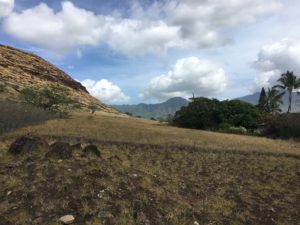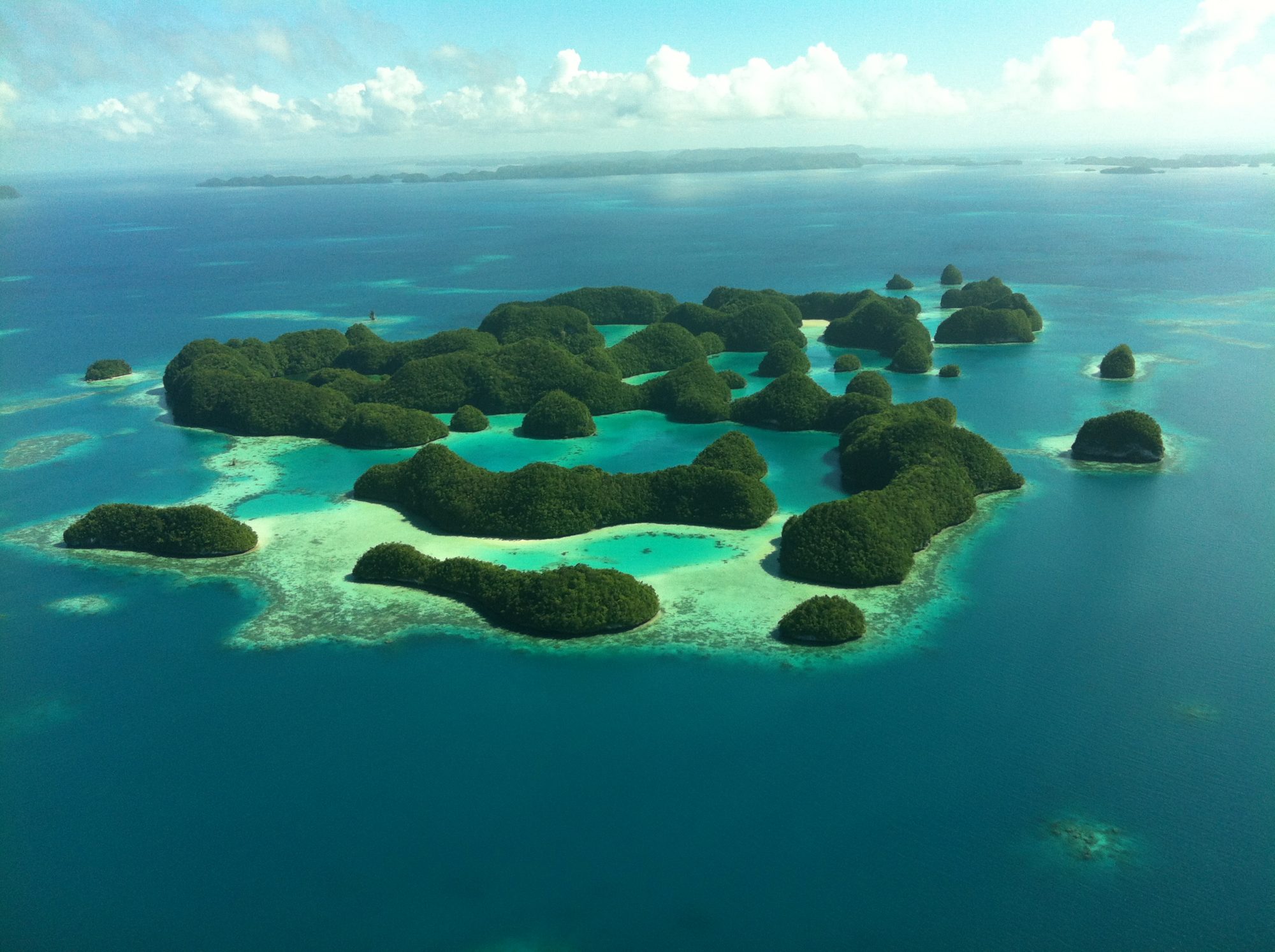 2016-10-31_Lualualei Concept Civil Drawings
2016-10-31_Lualualei Concept Civil Drawings
ISLE is working on design of a Net Zero Energy housing development for moderate income families in West Oahu. The concept will incorporate LID technology (Low Impact Development); Renewable energy components for the housing units, such as solar panels; battery power storage; LED lighting; insulated and recycled products for building materials. The homes in this project will each generate enough power for their own lighting, air conditioning, hot water heating and other power needs, but will still be connected to the island grid as backup and for use during peak power demands. The civil design of the site will also incorporate systems to stabilize slopes and attenuate and treat off-site stormwater runoff. A major portion of the project site will be preserved as conservation land as well, to further reduce the carbon footprint of the development.
The development team for this project hopes to make this project a shining example of what can be done to create sustainable island communities not reliant on imported oil for power.
Our team are still seeking investors to fully fund development of this exciting project. We welcome all serious inquiries to make this concept a reality.

 xcerpted and edited from IECA website, www.ieca.com
xcerpted and edited from IECA website, www.ieca.com